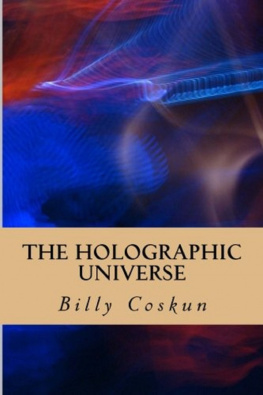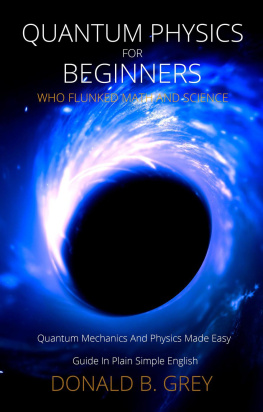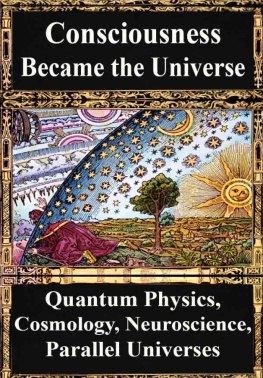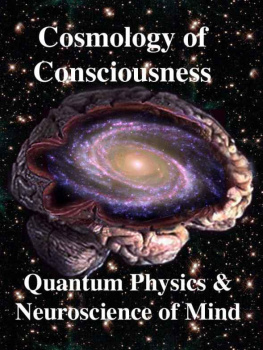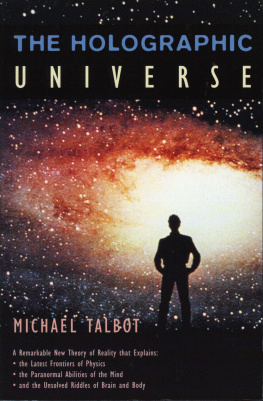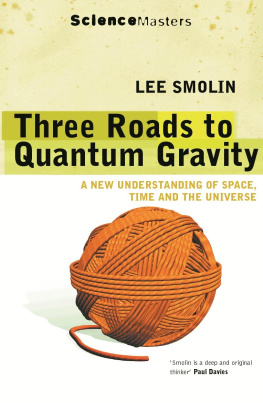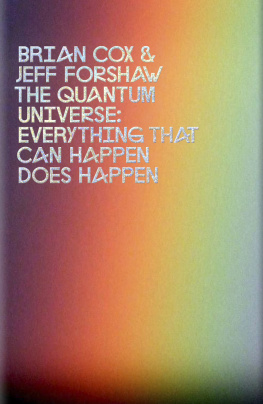The HolographicUniverse
Billy Coskun
Copyright 2016 BillyCoskun
All rights reserved.
Cover designed by BillyCoskun
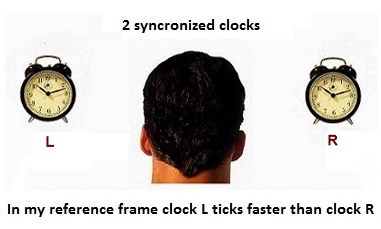
CONTENTS
INTRODUCTION
Chapter One
Existence of God
Creation out of nothing
Universe
Big Bang
Time concept
The concept of now
Space-time
Chapter Two
What is light?
Speed of light
Speed of sound
Doppler effect
Energy
Gravity
Mass
Massenergy equivalence
Chapter Three
Relativity briefly explained
Relativity of simultaneity
Time Dilation
Gravitational Time Dilation
Einstein's Special Relativity andSpacetime theories are flawed
Chapter Four
Black hole
Standard Model
Higgs boson
Dark matter
String theory
The holographic principle
Multiverse
Theory of everything
Chapter Five
Consciousness
Mind
Mind-Body dualism
Mental states
Sense
Perception
Sensory system
Virtual reality
Chapter Six
My experiments anddiscoveries
The hearing process in humanbrain
Is mind massless?
Audiotory Cortex
My vision tests
Virtual reality HD sound andvision
The reality is a virtual experienceintertwined with conciousness
Chapter Seven
What is Quantum?
General relativity and quantummechanics
Quantum entanglement
Quantum nonlocality
Wave function
Uncertainty principle
Hidden variable theory
Bell's theorem
Many worlds interpretation
Chapter Eight
My Quantum Tests
Quantum mind
Quantum Entangled MindStates
Schrdinger's Cat
Universal Quantum ClockTheory
Is Time Travel Possible?
Chapter Nine
Free Will vs Determinism
Random Variable
Does God play dice?
Chaos Theory
Butterfly effect
Superdeterminism
Evolution
Natural selection
Quantum Evolution Theory
CONCLUSION
APPENDIX
INTRODUCTION
The existence of the so-calledphysical universe is an assumption and its existence can never bescientifically proven. We would need to make physical experimentsto prove it, but that is a paradox. Because the tools and devicesthat we need to make measurements with also need to be proven thatthey exist physically. On the other hand, our mental statesexperienced by us in our minds are real and they dont need proof.Each person experiences them as own mental states. 17th-centuryFrench philosopher, mathematician, and scientist Ren Descartes wasconvinced of his virtual existence before anything else becauseit's indubitable; "I think, therefore I am". The question of ifthere is a physical world, causing the mental states observed by uscannot be answered with certainty. We can only assume that there isthe world out there and our conscious mental states are created bythe reflections of this physical world and the laws of physics arein order. Many physicists have argued that any action of anonphysical mind on the brain would entail the violation ofphysical laws, such as the conservation of energy. A nonphysicalmind cannot violate the physics laws, that is true. But what ifthere is no physical world, to begin with?
I have devised this book into ninechapters. In the first five chapters, I will explain some of thephilosophical concepts and physics subjects related to the contextof this book to help the readers to understand the logic behind myexperiments and their results. In the sixth chapter, I will discussmy discoveries and the experiments related to hearing and vision.In the eighth chapter, I will elaborate the quantum tests I haveconducted with their implementations and the Universal QuantumClock Theory that I have formed based on my experiments. I havealso developed a quantum evolutionary theory which supersedes theclassical Darwinian evolution, which I will discuss along with theFree Will vs Determinism issue in the ninth and final chapter. Thereader may read this book by starting from any chapter or sectionand use the other chapters as a reference when needed.
Billy Coskun
1 CHAPTER one
Existence ofGod
God is conceived of as the SupremeBeing and principal object of faith. There is no clear consensus onthe nature or even the existence of God. The existence of God issubject to lively debate in the philosophy of religion, popularculture, and philosophy. Countless arguments have been proposed inattempt to prove the existence of God.
The concept of God as described bytheologians commonly includes the attributes of infinite knowledge,unlimited power, present everywhere, perfect goodness, divinesimplicity, and eternal and necessary existence. God is alsousually defined as a non-corporeal being without any humanbiological gender, but the concept of God actively creating theuniverse has caused some religions to give him the metaphoricalname of "Father".
Because God is conceived as beinginvisible from direct sight and not being a corporeal being, Godcannot be portrayed in a literal visual image; some religiousgroups use a man to signify or symbolize God or His presencebecause of "His deed of creating man's mind in the image of Hisown".
Arguments for and against theexistence of God have been proposed by philosophers, theologians,scientists, and others for thousands of years. In philosophicalterms, such arguments involve primarily the disciplines ofepistemology (the nature and scope of knowledge) and ontology(study of the nature of being, existence, or reality) and also thetheory of value, since concepts of perfection are connected tonotions of God. A wide variety of arguments exist which can becategorized as metaphysical, logical, empirical orsubjective.
Arguments about the existence of Godtypically include empirical, deductive, and inductive types.Conclusions reached include views that: "God does not exist"(strong atheism); "God almost certainly does not exist" (de factoatheism); "no one knows whether God exists" (agnosticism); "Godexists, but this cannot be proven or disproven" (theoreticaltheism); and that "God exists and this can be proven" (strongtheism). There are numerous variations on thesepositions.
In modern Western societies, theconcepts of God typically entail a monotheistic, supreme, ultimate,and personal being, as found in the Islamic, Christian and Jewishtraditions. In monotheisms outside the Abrahamic traditions, theexistence of God is discussed in similar terms.
Different religious traditions assigndiffering (though often similar) attributes and characteristics toGod, including expansive powers and abilities, psychologicalcharacteristics, gender characteristics, and preferrednomenclature. The assignment of these attributes often differsaccording to the conceptions of God in the culture from which theyarise.
The Western tradition of philosophicaldiscussion of the existence of God began with Plato and Aristotle,who made arguments that would now be categorized as cosmological.Descartes said that the existence of a benevolent God was logicallynecessary for the evidence of the senses to be meaningful; andGerman philosopher Immanuel Kant argued that the existence of Godcan be deduced from the existence of good.
Atheism views arguments for theexistence of God as insufficient, mistaken or weighing less incomparison to arguments against. Some findings in the fields ofcosmology, evolutionary biology and neuroscience are interpreted bysome atheists as evidence that God is an imaginary entity only,with no basis in reality. These atheists claim that a single,omniscient God who is imagined to have created the universe and isparticularly attentive to the lives of humans has been imagined,embellished and promulgated in a trans-generationalmanner.
Next page
